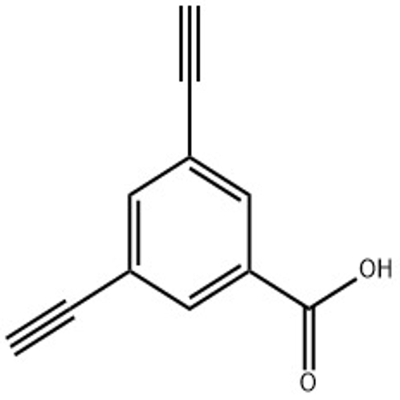-
Categories
-
Pharmaceutical Intermediates
-
Active Pharmaceutical Ingredients
-
Food Additives
- Industrial Coatings
- Agrochemicals
- Dyes and Pigments
- Surfactant
- Flavors and Fragrances
- Chemical Reagents
- Catalyst and Auxiliary
- Natural Products
- Inorganic Chemistry
-
Organic Chemistry
-
Biochemical Engineering
- Analytical Chemistry
-
Cosmetic Ingredient
- Water Treatment Chemical
-
Pharmaceutical Intermediates
Promotion
ECHEMI Mall
Wholesale
Weekly Price
Exhibition
News
-
Trade Service
2,5-Dimethyl-thiophen-3-carbaldehyde, also known as 2,5-dimethyl-thiophen-3-one or simply DMTO, is an organic compound with a unique set of properties that make it a versatile and valuable material in various industrial applications.
One of the primary uses of DMTO is as a building block for the synthesis of various chemicals and materials.
For example, it can be used as a precursor to the production of plastics, fibers, and other polymers, which are widely used in industries such as textiles, packaging, and construction.
Additionally, DMTO can be converted into other chemical intermediates that are used in the production of pharmaceuticals, adhesives, and other specialty chemicals.
Another application of DMTO is as a solvent for various organic compounds.
Due to its high polarity, DMTO is capable of solubilizing a wide range of organic compounds, including polymers, pigments, and other industrial chemicals.
This makes it an ideal solvent for the production of coatings, inks, and other similar products.
Furthermore, DMTO can be used as azeotrope-like solvent with water, which improves the solubility of water-insoluble compounds.
DMTO also has strong oxidizing properties, which makes it an ideal reagent for various oxidation reactions.
For example, it can be used for the oxidation of alkyl halides to produce alkyl alcohols, which are important intermediates in the production of surfactants, detergents, and other household products.
Additionally, DMTO can be used for the oxidation of primary and secondary alcohols to produce aldehydes and ketones, which are important building blocks in the production of various chemicals and pharmaceuticals.
In the field of materials science, DMTO can be used as a precursor to the production of metal-organic frameworks (MOFs).
MOFs are a type of porous material that has a wide range of applications, including gas storage, catalysis, and sensing.
DMTO can be used to synthesize MOFs that have unique properties, such as high surface area, tunable porosity, and excellent thermal stability.
DMTO also has a role in the production of perfumes and fragrances.
It can be used as a fixative, which helps to prolong the scent of fragrances by slowing down the evaporation of volatile components.
Additionally, it can be used as a fragrance ingredient itself, providing a woody and animalistic note to perfumes.
In conclusion, DMTO is a versatile organic compound that has a wide range of industrial applications.
It can be used as a building block for the synthesis of various chemicals and materials, as a solvent for organic compounds, and as a reagent for various oxidation reactions.
It also has applications in the fields of materials science and perfumery.
Due to its unique properties, DMTO is an important material in various industries and is expected to continue to play a significant role in the production of various chemicals and products in the future.







